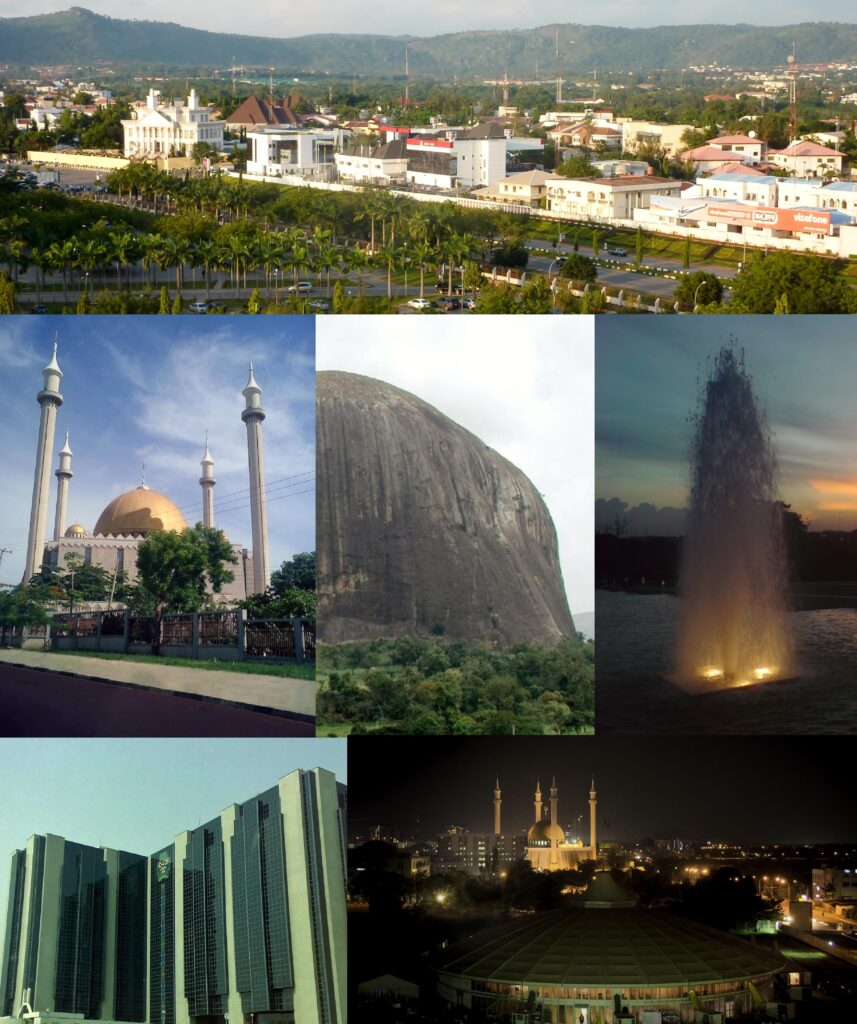Overview: Navigating Resettlement Challenges in Abuja’s Urban Expansion
Abuja, the vibrant capital of Nigeria, symbolizes national progress and modernization. However, beneath its rapid development lies a critical issue that demands urgent attention: the difficulties encountered by displaced communities during resettlement. As Abuja experiences swift urban growth and an expanding population—now estimated to exceed 3.5 million residents—the pressures on resettlement frameworks intensify. Displacements triggered by infrastructure projects, environmental changes, and security concerns have profound social and economic repercussions for affected individuals. This article offers an in-depth analysis of these challenges while emphasizing the necessity for humane, sustainable approaches that uphold the dignity and rights of displaced populations in Abuja.
Urban Growth Dynamics and Their Impact on Resettlement Systems
Over recent years, Abuja has undergone remarkable demographic shifts fueled by multiple migration trends:
- Economic-driven migration: A steady influx of job seekers attracted by burgeoning industries and government opportunities.
- Rural-to-urban relocation: Families moving from countryside areas seeking improved education facilities and healthcare access.
- Internal displacement due to conflict: Individuals fleeing violence-prone regions within Nigeria who settle temporarily or permanently in Abuja.
This population surge places immense strain on existing urban infrastructure which was not designed to accommodate such rapid expansion. Housing shortages have led many displaced persons into informal settlements lacking basic amenities. Public services including water supply networks, medical centers, schools, and transport systems are overwhelmed—resulting in diminished quality of life for both long-term residents and newcomers.
Recent evaluations reveal persistent gaps within current resettlement policies:
| Main Challenge | Description |
|---|---|
| Lack of Affordable Housing | The scarcity of cost-effective housing options forces many into unregulated slums. |
| Insufficient Social Infrastructure | Saturation of healthcare facilities and educational institutions unable to meet rising demand. |
| Poor Transport Networks | Crowded roads with inadequate public transit exacerbate congestion issues across the city. |
Economic Consequences of Displacement on Community Livelihoods
Relocation initiatives often disrupt established economic activities within affected neighborhoods. Many residents rely heavily on small-scale enterprises such as local markets or artisanal trades that suffer operational setbacks during forced moves. This interruption can trigger cascading effects where business closures reduce household incomes while diminishing community vibrancy.
Moreover, displacement frequently results in fractured social bonds as neighbors are scattered—eroding traditional support networks vital for resilience amid hardship.
The broader economic impact extends beyond immediate losses:
| Economic Factor | Description | |||||
|---|---|---|---|---|---|---|
| Diminished Business Revenues | A decline in earnings among local vendors due to disrupted customer bases. | |||||
| Deterioration or Loss of Infrastructure Assets | The need for costly repairs or replacement following relocation efforts. | |||||
| Indicator th > | Significance th > tr > thead > |
|---|---|
|
Community Acceptance td > |
Evaluates how well relocated groups adapt socially & perceive adequacy regarding new living environments . td > tr > |
|
Post-Resettlement Economic Health td > |
Measures employment rates along with average income levels after relocation . td > tr > |
|
Service Accessibility Evaluates availability & quality standards related primarily health care facilities plus educational institutions. Accessibility Accessibility Availability & Final Thoughts: Building Inclusive Futures Amidst Urban Transition nnnnAs Abuja continues its trajectory toward becoming a modern metropolis accommodating millions more inhabitants over coming decades (projected at nearly five million by 2035), addressing residential displacement remains paramount.nnThe multifaceted nature encompassing socio-economic disruption alongside infrastructural inadequacies calls for integrated policy responses prioritizing human rights alongside developmental goals.nnFinancial burdens imposed upon government budgets highlight why sustainable planning coupled with active stakeholder collaboration is indispensable.nnUltimately fostering resilient communities capable not only surviving but thriving through change depends upon transparent governance mechanisms committed towards equitable resource distribution.nnContinued research combined with participatory dialogue will be essential tools guiding future interventions ensuring no citizen is left behind amid Nigeria’s capital city evolution.n
|
